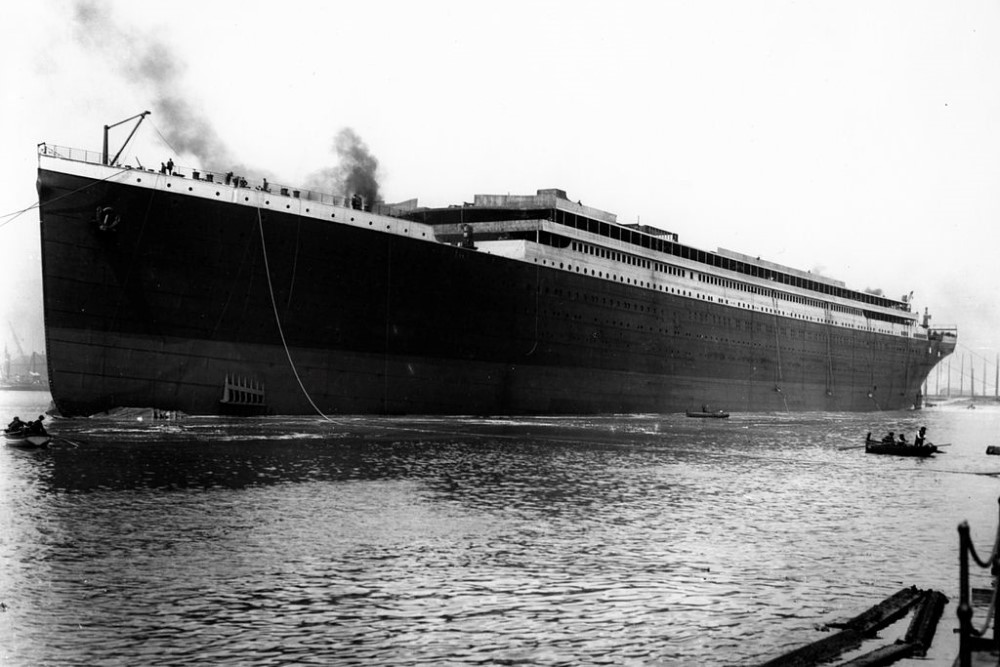US outsources production and pollution to China with unintended consequences

All actions have consequences, and it turns out that the production of goods on the other side of the globe has consequences for air quality in the United States.
It’s a well-known fact that air pollution in China has reached alarming levels, supported by the horrifying fact that 16 of the 20 most polluted cities in the world are located in the Asian country. Photos of people in Chinese cities wearing pollution masks have gone viral and the extreme environmental situation is concerning to many citizens and environmental groups. The government seems to be taking these concerns about air quality seriously by requiring factories to release their pollution numbers and is even providing real-time emissions data on a nationwide scale. Access to breathable air, without excessive risk of asthma, emphysema, or lung disease, should be a global right; thus, many are viewing the situation as civil rights issue, in part because it disproportionately affects those with lower income.
An article in The New York Times suggests that China’s pollution is affecting more than their citizens, reporting that the pollution produced in China is traveling across the Pacific Ocean to the western coast of the United States. Specifically, it is China’s production of export goods that is contributing to their national, and now global, pollution problems. The decision by the US to outsource production to Asian countries may have been driven primarily by economic incentives and more relaxed environmental standards, but the subsequent reduction in US air pollution was likely an appealing factor as well. The irony lies in the fact that China is producing goods for US consumers, which is negatively impacting air quality in both countries. Despite efforts to get around it, pollution on the other side of the world is still affecting the air quality in the US.
This “Not In My Back Yard” attitude is not paying off. Outsourcing production simply moves the source of pollution to another area of the world, doing nothing to actually lower greenhouse gas emissions and the amount of pollutants in the air. The increasing levels of global pollution have severe implications for the public’s health, the environment, international trade and tourism; thus, alleviating pollution should be a collective, global effort and not just a transferal of the pollution’s origin. In the past, a solution for decreasing air pollution, at least on a national level, has been to outsource it and therefore redirect the accountability, but this is no longer a viable option. It’s now clearer than ever that pollution can’t be contained or isolated; a global solution must be reached and we need to move beyond temporary fixes to secure a more sustainable and responsible model for reducing levels of pollution and improving air quality.




